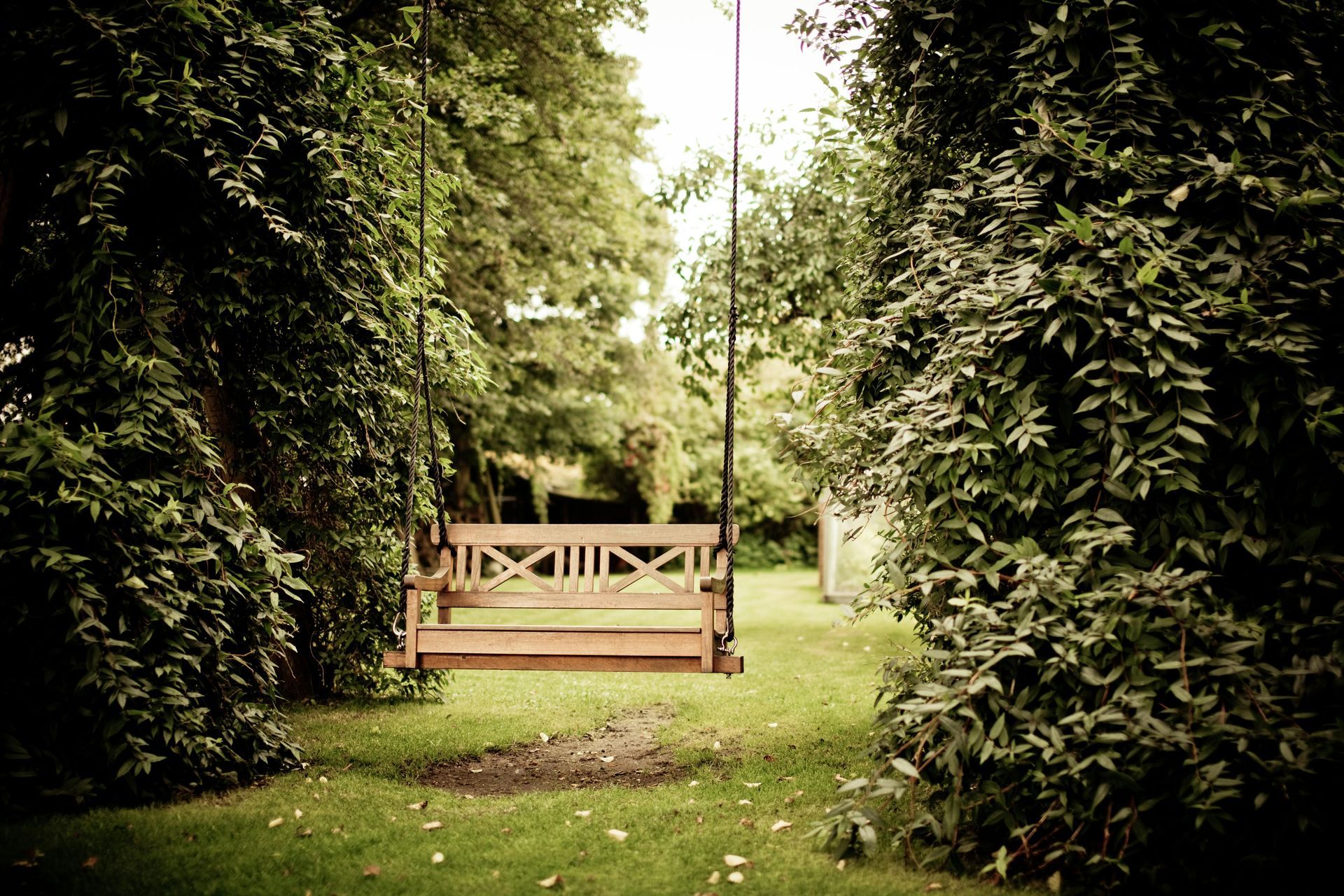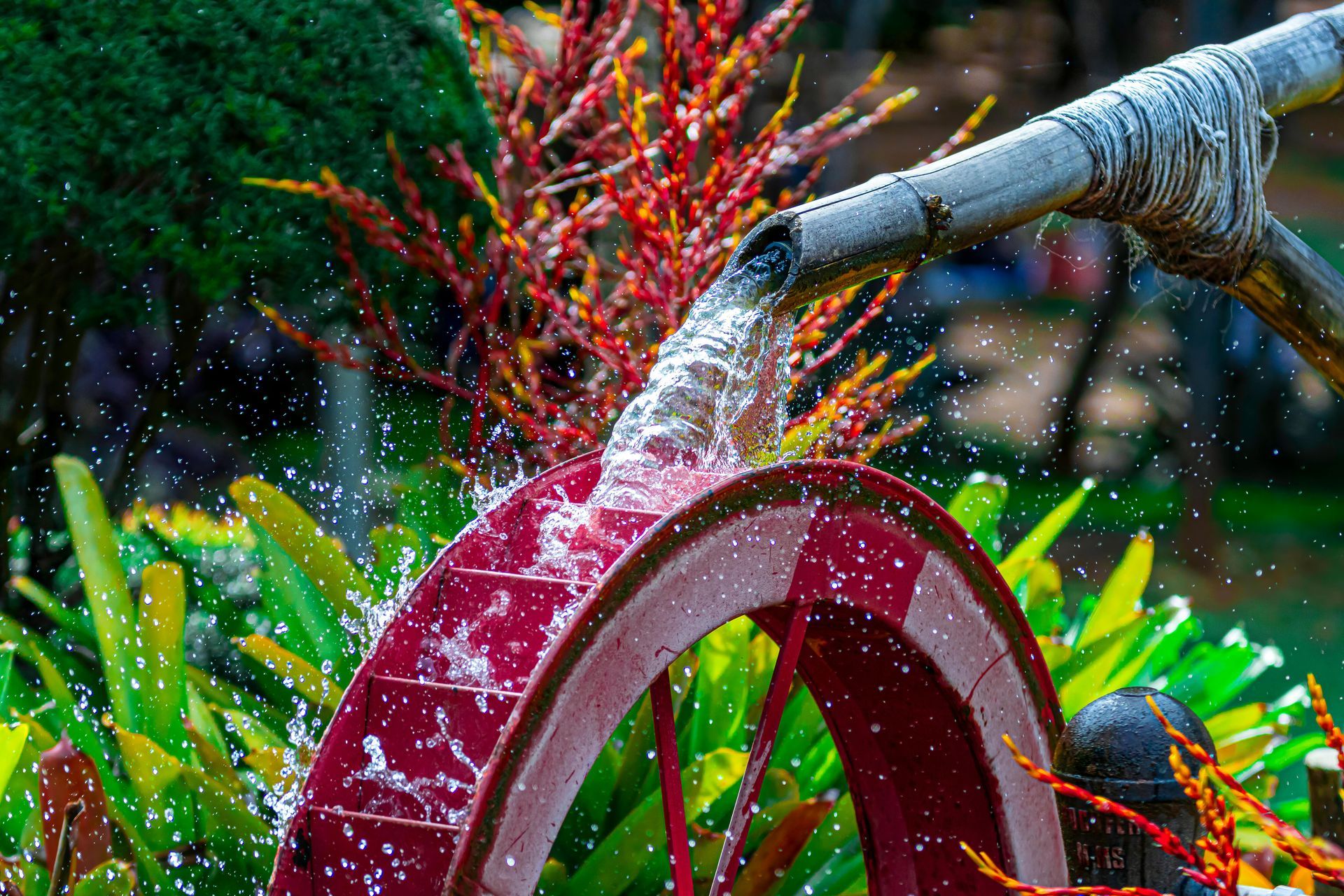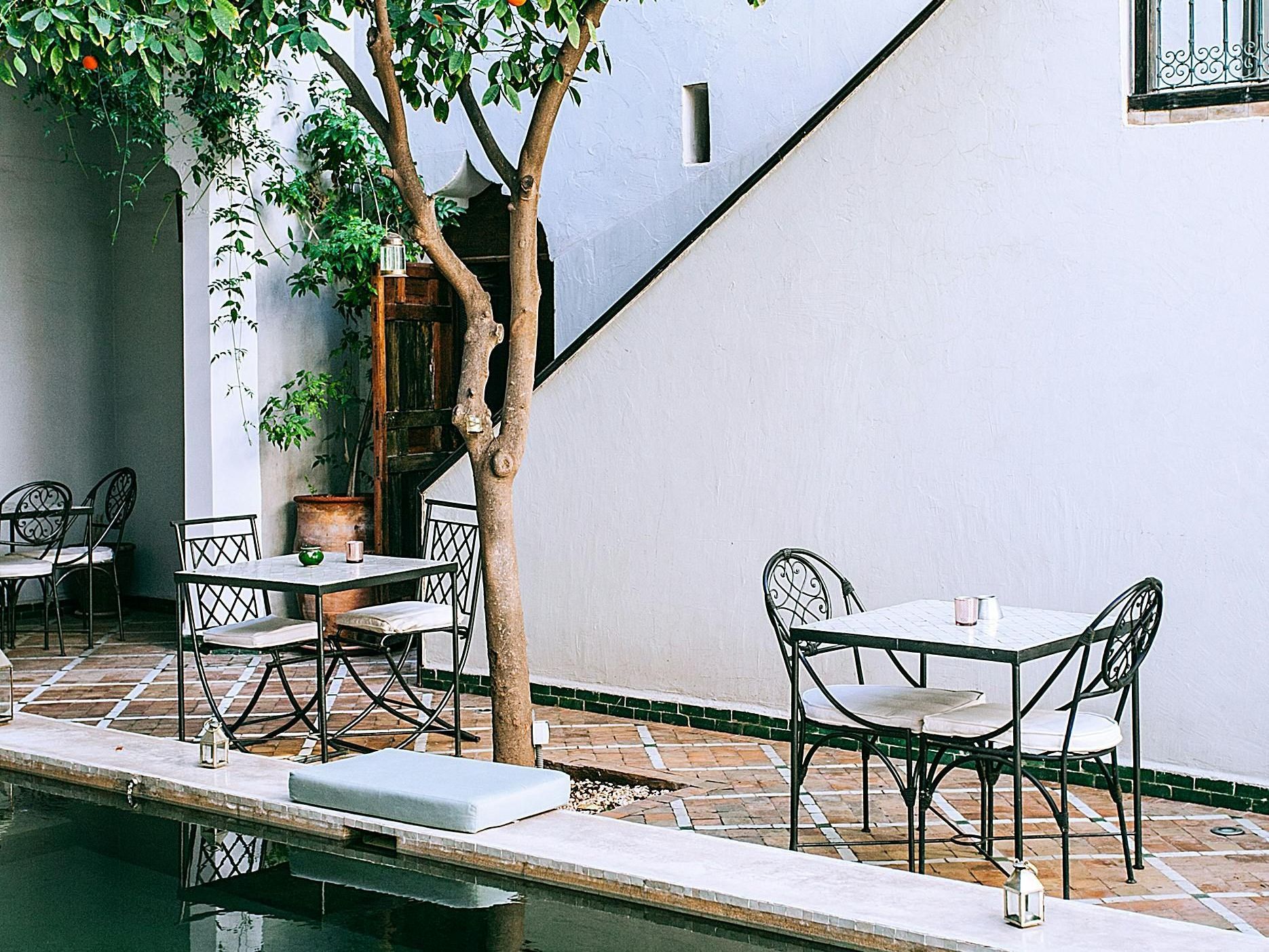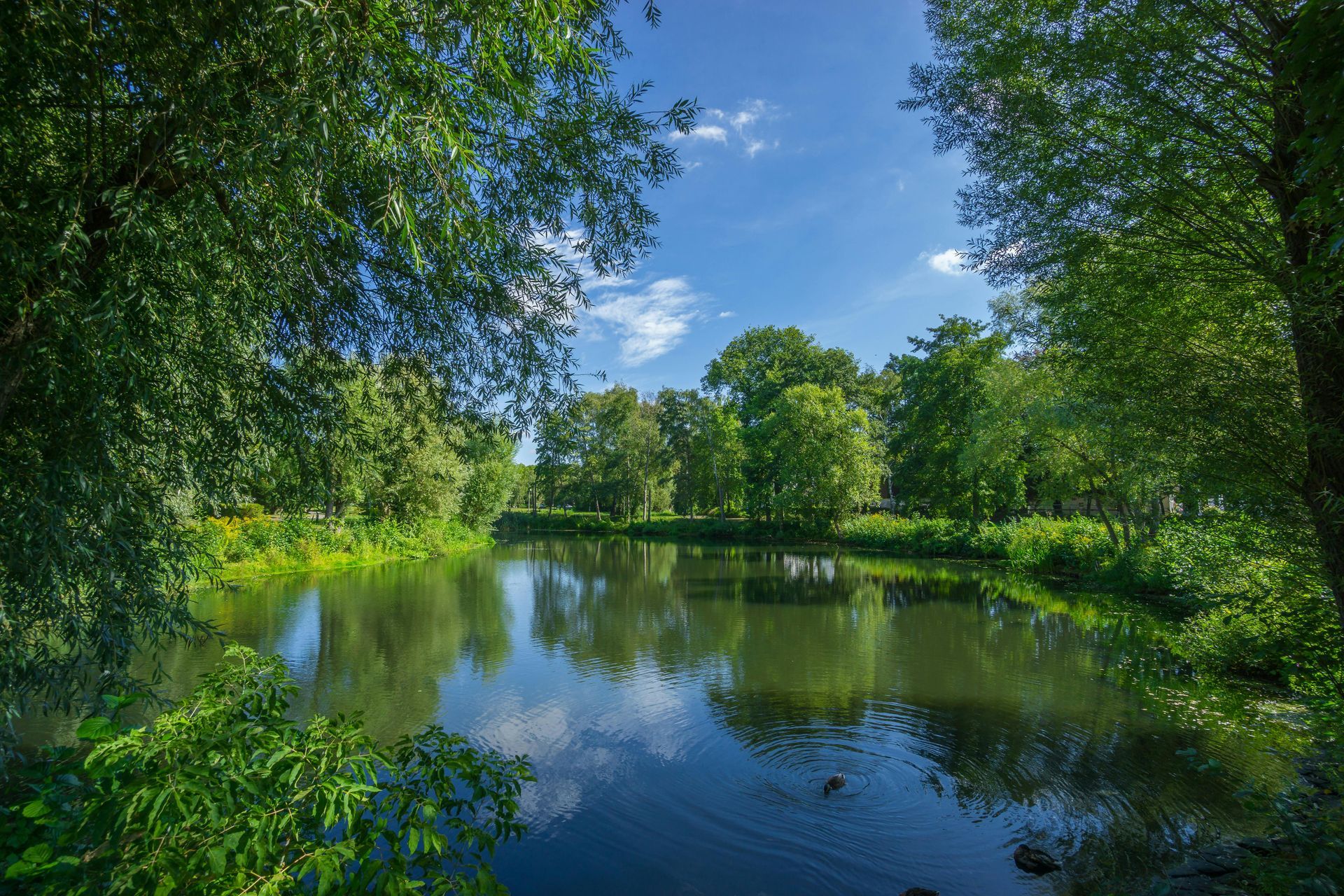Knepp Rewilded Garden Podcast
Open mosaic Biodiverse Brownfield garden
About the podcast...
In this episode of the Biodiversity Podcast by Teedles, the host visits the Rewilding Garden and interviews a team of gardeners, including Charlie (Head Gardener), Susie, and Moi (Deputy Head Gardeners). They discuss the transformation of a conventionally farmed three and a half thousand acre estate into a rewilding project over 24 years and how they apply lessons learned to smaller garden spaces. They delve into topics like the timeline of the rewilding garden, the challenges and learning experiences from different soil types, plant productivity, and biodiversity. The conversation highlights the role of gardeners as 'agents of disturbance,' the importance of non-traditional gardening methods, and the balance between native and non-native plants to foster a resilient ecosystem. They reflect on reprogramming traditional gardening mindsets, creating diverse habitats, and addressing climate change. The episode provides a detailed look into the innovative approaches and collaborative efforts in creating a dynamic and sustainable garden ecosystem.I
Transcribed podcast
In this detailed episode of the Biodiversity Podcast by Teedles, the host explores the Rewilding Garden at NEP with head gardener Charlie and deputies Susie and Moi. The conversation unpacks the transformative journey of the garden over the past 24 years, from its origins as a conventionally farmed croquet lawn to becoming a sprawling 3,500-acre rewilding project that fosters biodiversity and structural changes to attract wildlife. The team of gardeners introduces themselves as 'Agents of Disturbance,' crucial for creating various levels of soil fertility and diversifying plant species. They address the challenges of translating large-scale rewilding lessons into conventional garden spaces, stressing how gardeners can influence biodiversity and climate resilience even on a smaller scale. They touch upon the need for a paradigm shift in garden design and management practices away from traditional productivity models to a more dynamic, process-oriented approach that mimics natural ecosystems. The gardeners highlight how extremes in weather conditions—from severe droughts to heavy rainfall—have influenced their experimental techniques, focusing on creating a balanced environment where both plants and wildlife can thrive. Conversations also include insights into the specific roles of non-native and native plant species, their adaptation strategies to cope with climate change, and how the team uses these lessons to cultivate a resilient garden. The gardeners elaborate on their survey methods for studying invertebrates, revealing a 33% uplift since their baseline survey, and how this data helps them make informed decisions. Stories are shared about various projects, the benefits of maintaining bare ground for nesting material, and the pioneering role of species like willows, birches, and alders in adding crucial layers of woodland structure. The team acknowledges their learning curve, discussing how holding their nerve and allowing natural processes to unfold has often yielded unexpected rewards. The conversation also touches on broader societal shifts, citing how public interest in nature during COVID-19 has encouraged a greater appreciation of gardens as essential ecosystems. Finally, the gardeners invite listeners to reflect on how they can incrementally transform their own garden spaces into biodiverse habitats, drawing inspiration from the Rewilding Garden's evolving journey.





